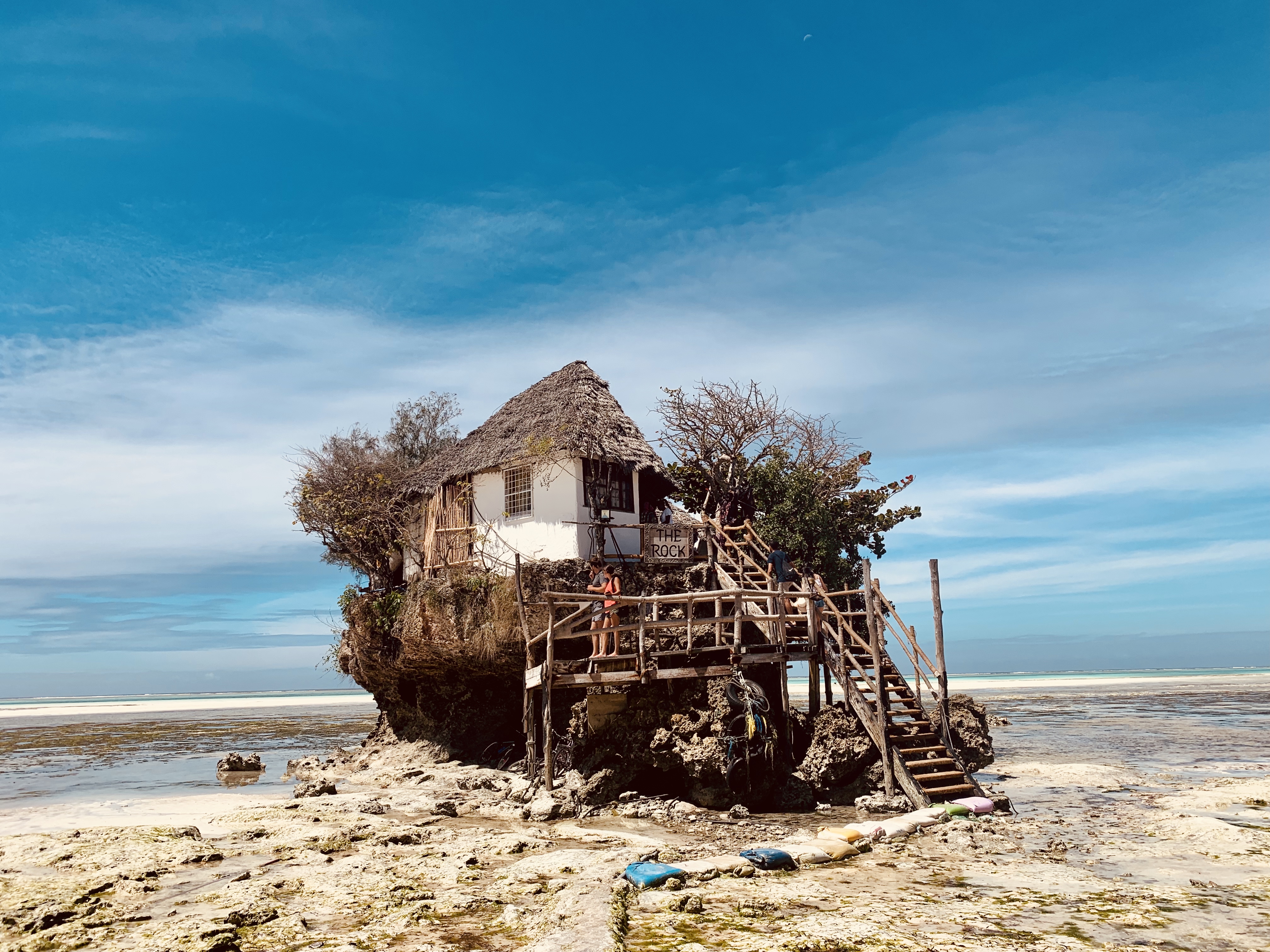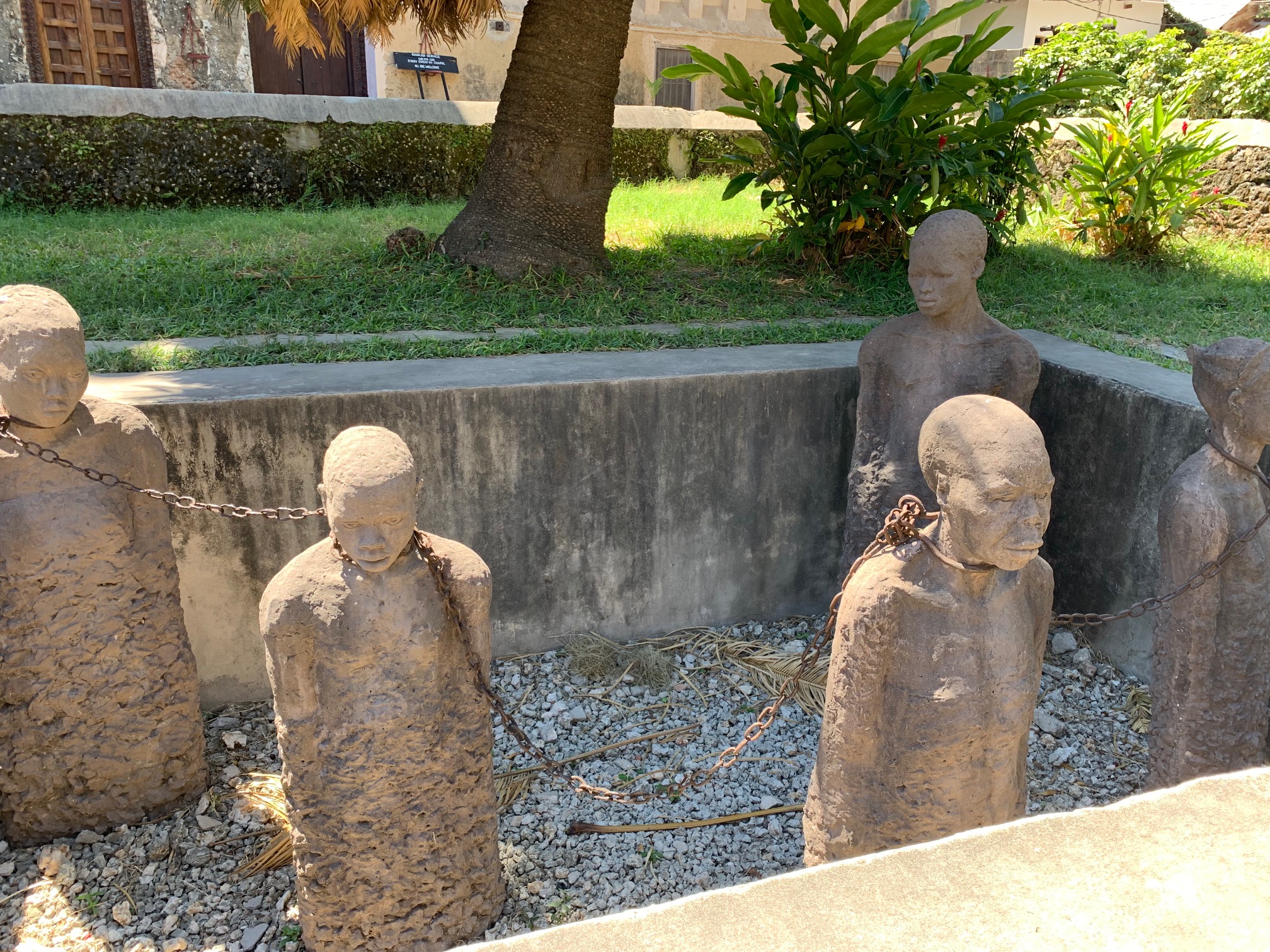Zanzibar: the pearl of Africa
Published on December 17, 2024
You dream of a white sand beach under the softest and most pleasant sun, gentle waves of turquoise water producing a pleasant background noise while the coconut trees quiver in a light breeze. You are there, Zanzibar! One of the best-preserved earthly paradises in the world. In a lush nature sheltering endangered fauna and flora, these paradisiacal archipelagos tell you a story with multiple influences and spicy flavors. Home to generous palaces reserved for sultans, Zanzibar is also the symbol of simplicity: its people remain very attached to their history and traditions.
Zanzibar and its authentic culture

Head to the old Stone Town district, which is well worth several detours! With its Arab past, the city built of coral stone will dazzle you with its charm; this unique place in the world is recognized as a UNESCO World Heritage Site! With its imposing carved doors, colorful walls, and original architecture, old Stone Town is a labyrinth where it is very pleasant to get lost. You can enjoy the small alleys without encountering any cars. In this atmosphere from another time, your nostrils will be tickled by a dance of spices, especially cloves; Zanzibar was once the world's leading producer of cloves.
On the cultural side, the impressive Beit-El-Sahel Museum was built on the ruins of an old palace in the 19th century. Inhabited by Sultan Said until 1964, the year of the revolution, it became in the 1990s a place that traces the island's economy and the lives of the sultans. Thus, the entire genealogy is evoked through many period objects and documents, such as paintings. It is also an opportunity to be surprised by the interior of the palace and its furniture, imported from many countries. Note that the tombs of all the sultans are visible in the garden of this building.
On the northern part of the island, you will be charmed by Nungwi, a spot in its own right: this small fishing village is located near a superb white sand beach where the water is translucent, at 26°C all year round. Nungwi also has a nautical center that allows you to enjoy various sports activities and from where you can embark to the neighboring islands of Maffia, Pemba, and Tumbatu. You can take the time to enjoy the alleys and discover the local gastronomy.

You can emotionally explore a place full of history: the slave market, where you discover their terrible conditions before their sale. Confined, piled on top of each other in a few meters without air or light, this is how they were forced to endure their fate. A memorial was created by Clara Sörnäs: statues imprisoned by real iron chains that once bound the slaves. Not far away, you will find the church, architecturally influenced by Arab and Gothic art. A legend says that the sultan at the time offered to donate a clock during the construction of the church on one condition: that the bell tower would not be higher than his palace.
Finally, Jozani Chwaka Bay National Park: this protected area of 5,000 hectares is managed by the 9 villages of the area whose guides are locals. Composed of majestic mahoganies, including one over 200 years old, the flora is remarkably rich. The mangrove, for its part, is well preserved and contributes to the proper functioning of the local ecosystem. You will have the chance to see dolphins that love to hunt in these protected waters where a true aquatic buffet awaits them! Another particularity of this place, the red colobus, an endangered monkey. This local star is easily observable and is used to human presence. Another species to contemplate: galagos, tree hyrax, about fifty species of butterflies, and countless birds.
Is Zanzibar the trip of your dreams? Then don't hesitate any longer! For a relaxing stay on the most beautiful beaches with cultural discoveries punctuated by the island's history, your expectations will be met to create your tailor-made trip.
A website by
Customize your trips with Quotatrip and receive tailor-made offers directly in your inbox.